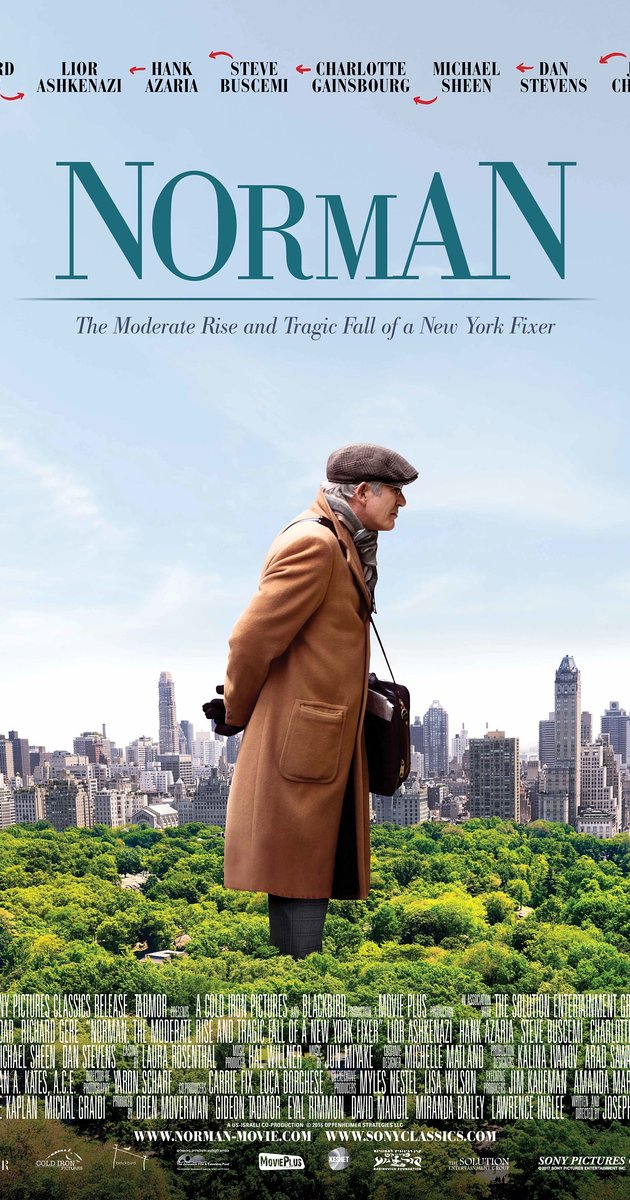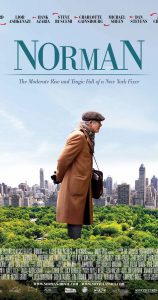Interview: Rama Burshtein on “The Wedding Plan”
Posted on May 10, 2017 at 8:00 am
Rama Burshtein (“Fill the Void”) is an observant Orthodox Jew who lives in Israel, but she reminds me in our interview that for more than half of her life, she was a secular Jew living in America. “I’m 50 years old. I became religious when I was 27 years old and still have lived more years secular than religious, still am. All my memories, all of who I am, this was not in a religious world.” That is an important part of what makes it possible for her to work with actors and crew who have different levels of religious observance and to relate to the audience for her films as well. While her new film, “The Wedding Plan,” like her first one concerns a young woman’s decision about who she will marry. But “Fill the Void” was set in a deeply religious ultra-Orthodox community, while “The Wedding Plan” characters, like Burshtein herself, are those who have chosen a more observant life as adults. So we see more variation in their practice, some uncertainty and inconsistency but more of a sense of intentionality.
The central character is Michel, played by Noa Koler in an award-winning performance of stunning intelligence and sensitivity in her first lead role. “This character is very, very complicated because she is supposed to make you laugh and cry at the same time, and it’s very complicated for any actress and… So it’s like you can’t discover anyone at that age so good but it’s not true, because Noa, she’s an actress in Israel, she played in the theatre. Everyone knows that she is talented. Nobody gave her a leading role. Ever. At the age of 35. And she’s like a genius. She is extremely talented, It’s like, I’m telling you there is no way to compare anything that she does in an audition than to other very professional actresses–good actresses. She has something that few people have in the world.” Burshtein said one of her most important roles as a director was to show Koler that she had confidence in her. “When I believed a hundred in her then she believed a hundred. But if I believed eighty, she would believe zero. Everyone around me didn’t think I’m doing right. Everyone was trying to convince me not to take her. Everyone knows that she is talented. People didn’t think that she could handle a role where all those nice guys want her. She is like the neighbour’s daughter, she’s not not Julia Roberts in ‘Notting Hill.’ You have to believe that Oz Zehavi, the guy that plays Yos, who is like a big star in Israel, that he would go for her. But I know that at the end when someone is so sincere and like the model of truth, this is what you fall in love with at the end. Even a rock star, that what you fall in love with, you don’t fall in love with a pretty face. We don’t fall in love with a pretty face, that was part of me saying that because today nobody is even asking that question. Nobody thinks that it’s unreal that he wants her.” Making that believable is very important because it helps Michal truly understand that she is lovable. “It’s like ‘La La Land,’ says Burshtein. “She brings this thing out and it suddenly all the actions are opened. She believes that the sky is the limit. It’s an energy shows in her and that brings a lot in.”
In Israel and Europe, the film was called “Through the Wall.” Burshtein says, “It’s not ‘Behind the Wall,’ it’s not ‘Breaking the Wall,’ it’s not ‘Climbing the Wall,’ it’s ‘Through the Wall,’ which is something that you cannot actually do you know. A wall is a wall. You can’t go through it unless you have a door. But that’s what she is doing. She’s going through a wall.
Burshtein wants to deliver a message with this endearing romantic comedy premise of a young woman who hires a hall for the date of her wedding even though she does not have a groom. “There is a thing that I call ‘the imaginary option,’ It’s like you always think that there is someone a little bit better than what you will have sitting in front of you. You do not see what is in front of you because you have a picture of something else. From my research, the women that can fall in love with everyone are married.” She points out that when asked why she wants to be married, Michel gives almost every possible answer except for the most important one: to love. “I would sit with a girl and ask ‘What are you looking for?’ and she’s going to give me that list. And the whole list, which is very interesting, would be what he could give her. I never had girls writing down ‘I feel like I want I want to give. I want someone that I want to do for.'”



